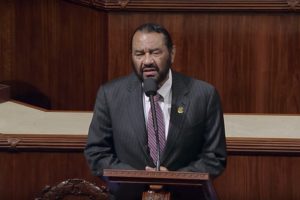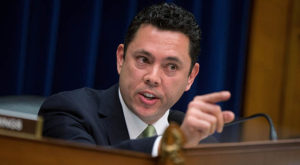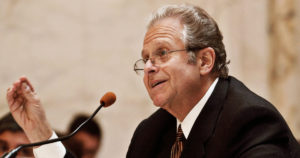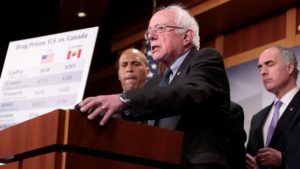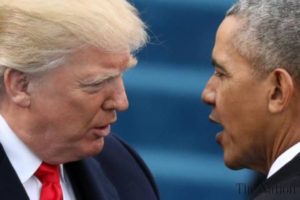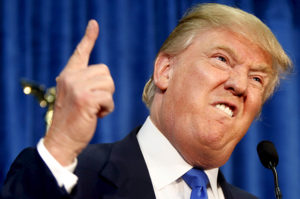
Donald J. Trump’s current political troubles are likely to end one of two ways.
The special counsel and two congressional committees will find criminal conduct involving the president, his campaign and the Russian government — and he’ll be impeached and possibly convicted.
Or …
The special counsel and those committees will come up empty and will decide there’s no “there” there. The president will be absolved of wrongdoing and he’ll complete his term in office.
Either outcome bodes ugly for those of who have an interest in government, in politics and in public policy. The ugliness will be the result of the president’s reaction to either outcome.
History already has shown that Trump cannot — or will not — let go of the past. Witness his continual recitation of his stunning, shocking victory in the 2016 presidential election.
Consider the potential outcomes:
Trump gets impeached and then convicted. The president will not go quietly. He will not leave office as President Nixon did in August 1974 and then disappear for years. We won’t see Trump fly away aboard Marine One from the White House lawn, grinning broadly, waving to his friends, White House staff and political supporters.
Oh, no. He’ll be angry. He’ll be lashing out continually against the media, Democrats, turncoat Republicans, Congress in general. He might even call for the abolition of the U.S. Constitution for all I know.
Once in some form of retirement, he’ll be tweeting his fingers to the bone. He’ll be dishing out insults by the minute, let alone the hour. He’ll threaten to sue anyone for any reason that comes to mind.
And the media he hates — allegedly — will lap it up, report it dutifully and give him all the platform he needs to seek some form of revenge against the system that “betrayed” him.
If the president is impeached and then acquitted by the Senate, well, ratchet all of the previous up by a factor of, oh, several thousand.
The president is clean. This outcome could be just as ugly as the other one.
Think of how the president is going to play this one out. He’ll stage campaign-style rallies. He’ll savage the media and his political enemies. He likely could re-tell the story of his “historic” electoral victory over Hillary Rodham Clinton. The president is not likely to accept victory like a gentleman, praise the system for doing its job, thank the special counsel, Robert Mueller, for his service to the country and wish him well as he returns to private law practice.
The president will seethe and stew over the very idea that he would be the subject of an FBI probe, of an investigation by the legislative branch of government.
Moreover, he’ll do all of it in public. He likely would seize the limelight at every opportunity. He’ll create opportunities when they don’t present themselves.
All of this is my way of telling you that no matter the outcome of these investigations, we — the American public — are going to be disserved by the president of the United States.
Just as he showed during the 2016 GOP primary campaign, he exhibited a clearly defined “sore loser” trait. When he won the whole thing, he has shown as well that he is a “sore winner.”
Thus, I am not looking forward to the end of this investigation, no matter how it turns out.
